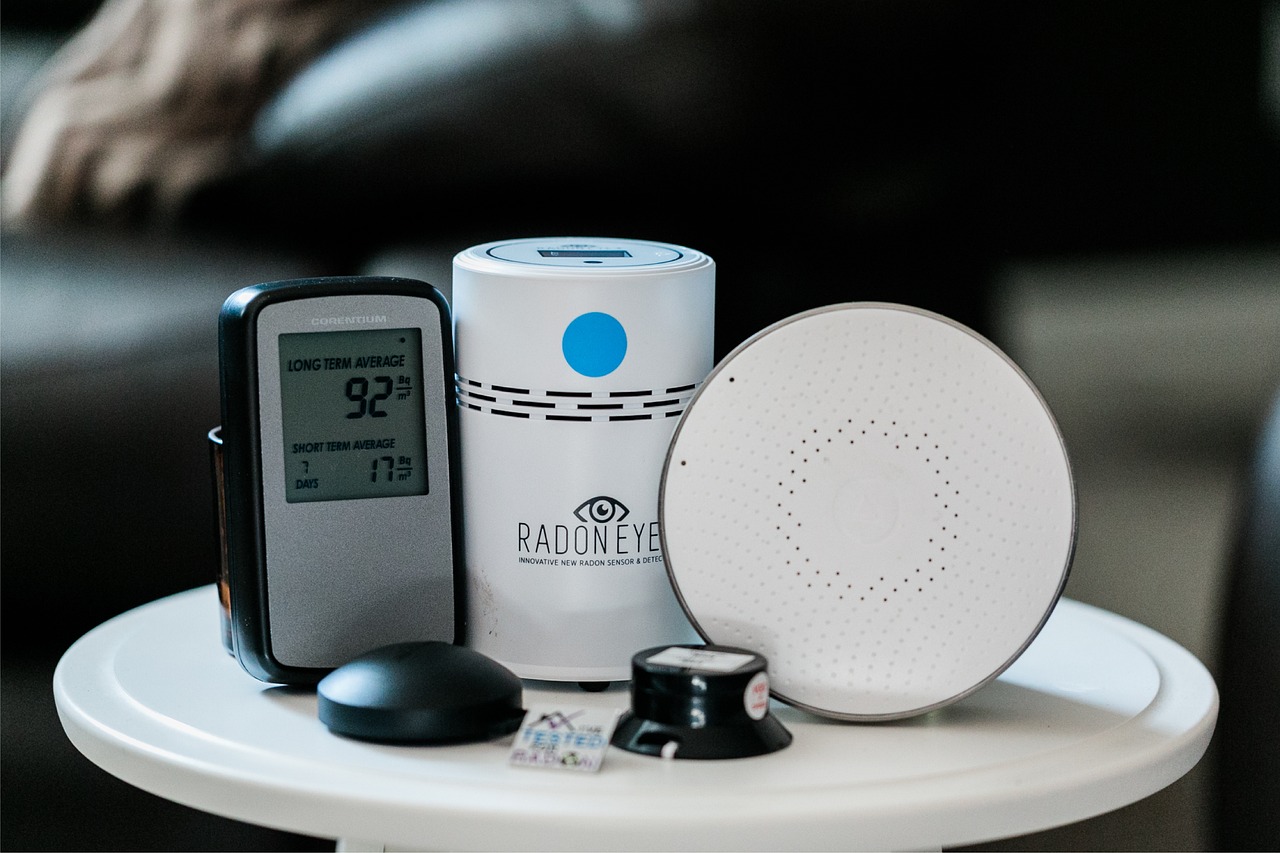
Air quality testing is the process of measuring and assessing the level of pollutants and contaminants present in the air. It is an important aspect of environmental monitoring and public health protection.
The practise of detecting and evaluating the amount of pollutants and toxins present in the air is known as air quality testing. It is a crucial component of environmental monitoring and protecting the public's health. In order to gather information and detect potential dangers to human health and the environment, environmental agencies, research institutes, and private businesses frequently undertake air quality testing.
Indoor Air Quality Testing
Environmental pollution levels are measured using specialised monitoring equipment known as ambient air monitoring. To gather information on pollutants over time, monitoring stations are put up in various locations.
Testing for indoor air quality entails determining the state of the air in buildings and other enclosed areas. Portable monitoring equipment that measures temperature, humidity, carbon dioxide (CO2), and other specific contaminants can be used to carry out the task.
Specialised environmental laboratories, governmental organisations, research organisations, and consulting corporations can test the quality of the air. To evaluate if the air quality is within acceptable bounds or whether remedial actions need to be made to reduce pollution sources, the collected data is analysed and compared against established air quality standards and guidelines.
For identifying potential health hazards, guaranteeing regulatory adherence, and making educated judgements about air pollution management methods, regular air quality testing is essential. It contributes to preserving environmental sustainability, fostering safer and healthier living and working conditions, and defending public health.